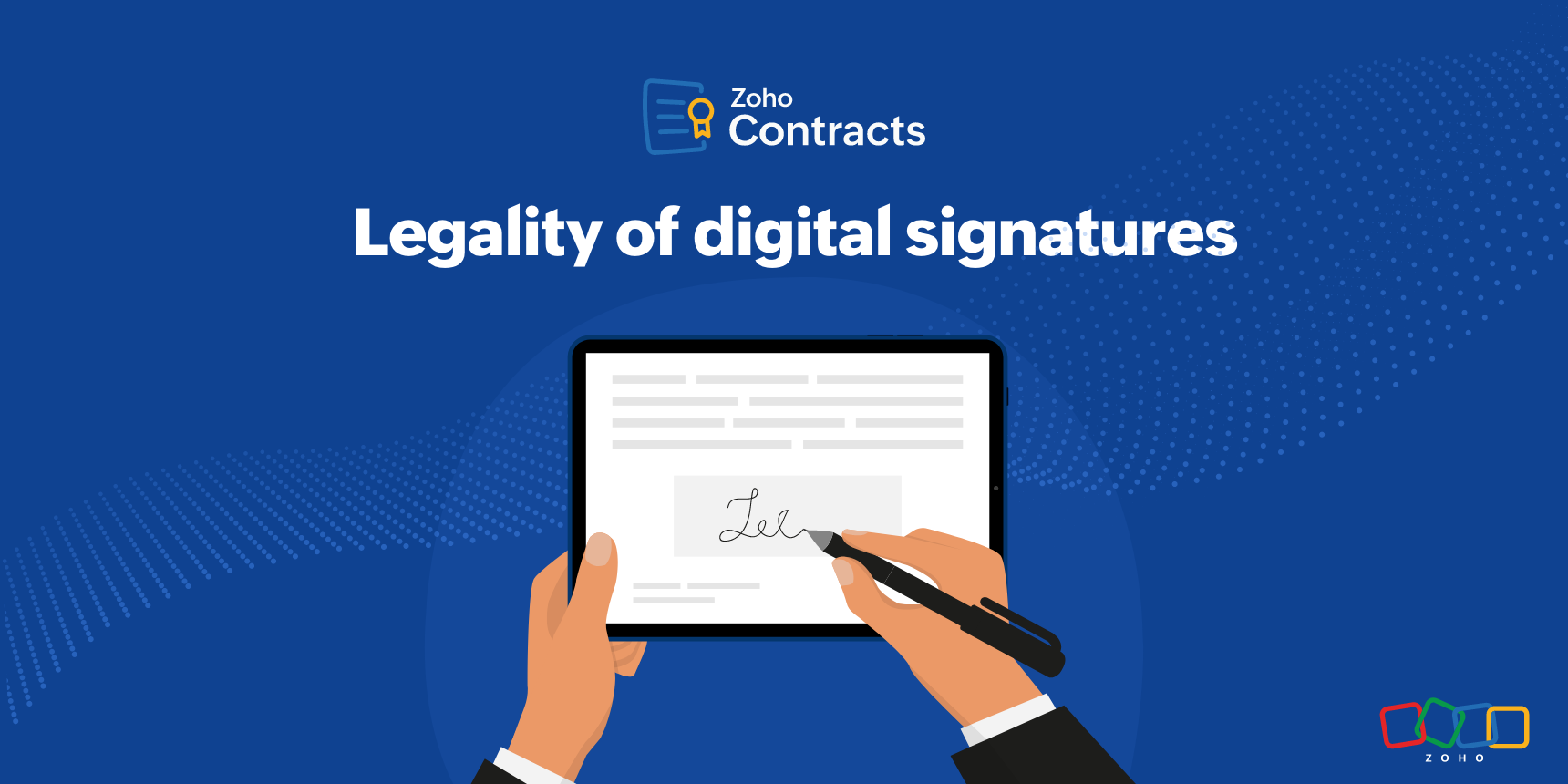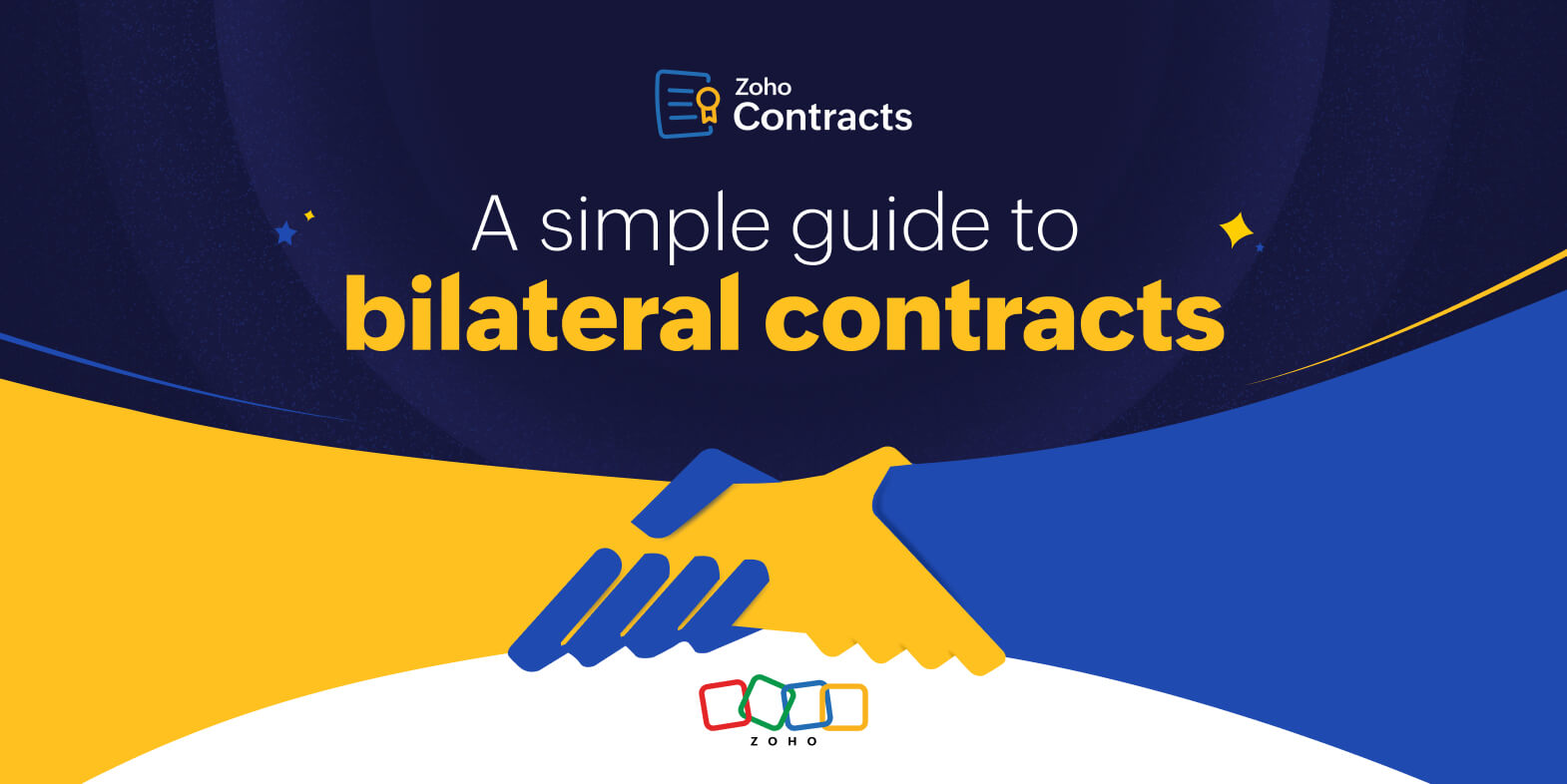- HOME
- Legal Insights
- Are digital signatures legal?
Are digital signatures legal?
- Last Updated : March 19, 2025
- 1.2K Views
- 4 Min Read

What are digital signatures?
A digital signature is the electronic version of a traditional handwritten signature or a fingerprint. It verifies the genuineness of digital materials—whether it’s a text file, email, or spreadsheet—by using advanced algorithms that generate a coded message associating the signer with the document. With this type of authentication, one can be sure that a document remains unaltered from the moment it’s signed. Additionally, digital signatures offer essential details about the document's origin, reliability, and the consent of the person signing it.
Are digital signatures different from e-signatures?
While the two words are often used interchangeably, there is a difference. An electronic signature can refer to any signature created using available technology, such as attaining the picture of a signature and attaching it to a document, drawing a signature electronically in the document, signing your name at the end of an email, or even attaching a picture of a fingerprint.
On the other hand, a digital signature is a separate technology that requires generating a cryptographic code for each signature. This makes digital signatures highly secure and legally valid across countries. It’s ideal for signing documents like contracts, which are subject to intense scrutiny and rigorous compliance standards.
The legality of digital signatures
Digital signatures hold legal validity in numerous countries. The European Union paved the way for this recognition by enacting the EU Electronic Signature Directive in 1999, which was repealed by the Electronic Identification and Trust Services (elDAS) in 2014. The United States followed suit with the Electronic Signatures in Global and National Commerce Act (the E-Sign Act) in 2000, establishing the legality of electronically signed contracts. In India, the Information Technology Act of 2000, the Indian Contract Act, 1872 (ICA), and the Electronic Signature or Electronic Authentication Technique and Procedure Rules, 2015 (ESEATPR) establish the legal enforceability of digital signatures.
Digital signatures operate based on the Public Key Infrastructure (PKI) system. This system necessitates two keys: a public key and a private key. These are produced by the signature software using a specialized encryption algorithm. When a person signs a document, the software uses the private key to create an encrypted signature and a cryptographic hash corresponding to the signed document. This data is then attached to the document and shared with the recipients, along with the signer's public key.
The encoded hash can be deciphered on the receiving end using the provided public key certificate. When this happens, a new cryptographic hash is produced by the recipient. The two cryptographic hashes are then compared to confirm authenticity. A match indicates that the document has remained unaltered since it was signed, establishing its legal validity.
The PKI protocol also stresses the secure creation, handling, and storage of the keys to uphold the integrity of digitally signed documents. A trusted Certificate Authority (CA) is often sought to ensure this security. A CA is a reputable entity officially acknowledged by legal standards to safeguard the integrity of both private and public keys, preventing counterfeiting and misuse. The CA's role includes issuing digital certificates to serve this purpose.
The benefits of digital signatures for signing contracts
Digital signatures have become an indispensable part of the contracting process. They empower people to sign contracts from anywhere, at any time. Because they offer better security than wet signatures, they have slowly become the preferred mode for signing contracts. Some of the benefits of signing contracts using digital signatures are discussed below.
Improved security
Apart from complying with laws worldwide, digital signature software provides military-grade encryption, making it a secure and legal way of signing contracts. Because algorithms for encrypting digital signatures are foolproof, it’s nearly impossible for unauthorized people to tamper with them.
Faster contract cycle times
With digital signatures, you don’t need to spend time faxing or scanning, shipping, and filing contracts. The software allows you to securely sign contracts in minutes. This can save days of time when it comes to signing contracts manually, improving your contract turnaround times significantly.
Easy auditability
Digital signature software provides an extensive audit trail, complete with timestamps, for maintaining records. In situations where legal proceedings necessitate a chronological account of events, this functionality proves to be invaluable.
Enhanced adherence to regulations
Digital signatures enjoy global acceptance due to their alignment with international legal standards. This facilitates swift and secure business transactions and contract signing with international partners. Moreover, every digital signature is accompanied by a certificate issued by a trusted Certificate Authority, reinforcing their dependability and adherence to compliance standards.
Lower operational expenses
Organizations can save time and reduce the expenses of handling physical documents using digital signature software. In most business scenarios, time is money, and implementing digital signatures can substantially decrease the time required for executing contracts, thus minimizing costs.
When are digital signatures not valid?
Many countries worldwide mandate that certain contract documents contain wet signatures to be considered legally binding. While the types of contracts can vary from country to country, the most common ones are:
Trust deeds
Negotiable instruments other than checks
Wills
Power of attorney
Contracts used for the sale or conveyance of immovable property and any interest on such property
Based on each country's rules, some of these contract documents may also need to be signed on stamp paper to be legally enforceable in court.
Some software on the market provide digital stamp papers that can be signed digitally and are admissible in court.
 Akshaya Ganesh
Akshaya GaneshA journalist turned marketer who loves to travel.


